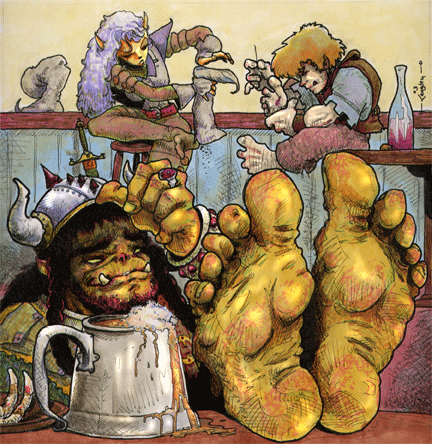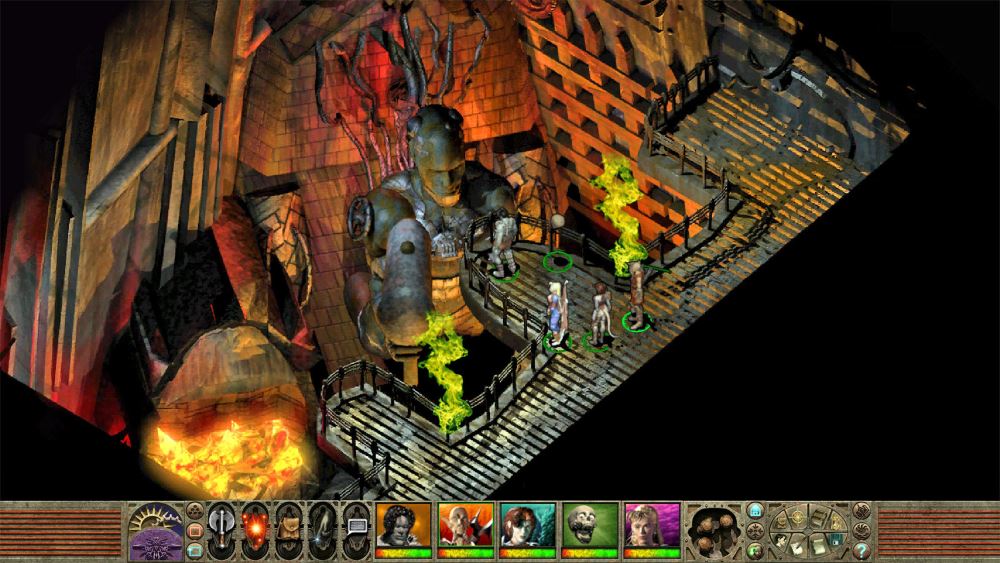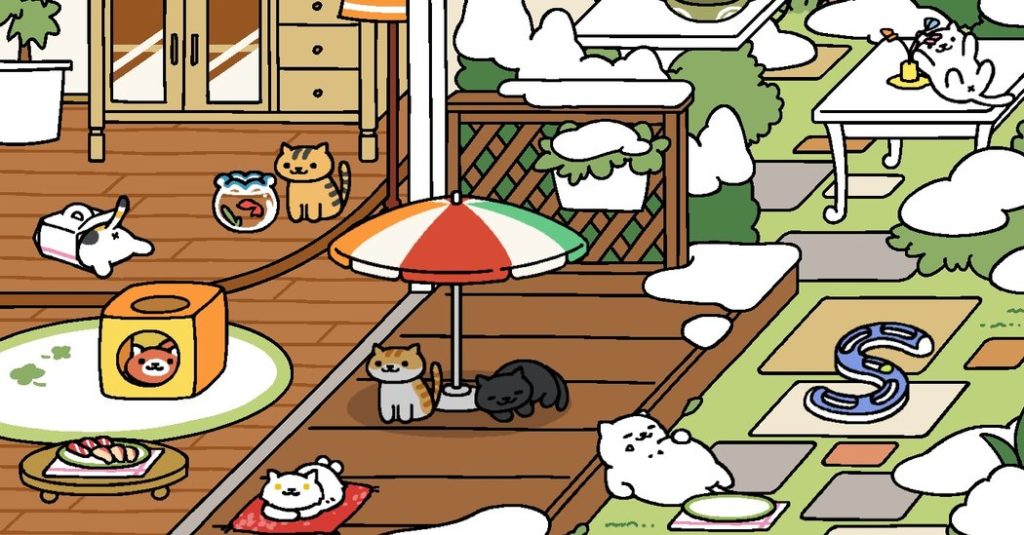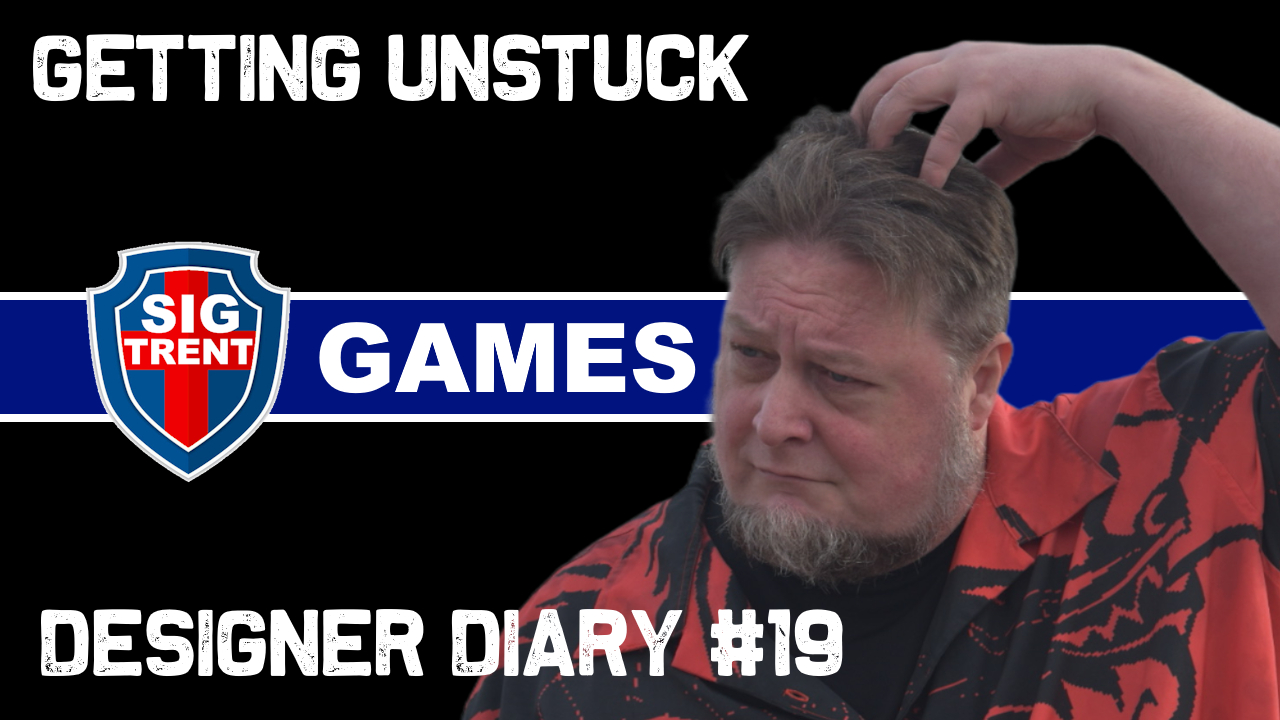
Gaming Play Style Categories
After some meditation on the best way to categorize games, I created a number of subcategories. The most elemental of these are Play Styles. Gaming Play Style Categories include:
- Storytelling
- Action
- Strategy
- Puzzles (logic)
- Exploration
- Creativity
- Collection
- Skill-Testing
The Criteria for Gaming Play Style Categories
The idea is that every game is scratching some kind of primal itch people have, a kind of experience they want to engage in. The category needs to describe the nature of play and presume some motivation behind it. I want to avoid overly specific implementation and save that for mechanics. These are the innately human desires whereas mechanics are how we achieve them

A look at each category
I think most of the category names are largely self-descriptive but there are some subtleties that are worth examining so let’s take a look.
Storytelling
I think storytelling is one of the most powerful means of communication. It is a common component of most of the arts and it creeps into nearly every medium. Its ubiquitousness is where it can become difficult to apply. Just how much focus on storytelling is needed to say a game is about storytelling. Here we should look to player motivation. Is story a reason you would recommend a given game or is it just glue that holds the game together?
Action
I struggled somewhat with the name of this category, yet it is among the oldest types of play. At its simplest term, this is a game where reaction speed, timing, and physical motion are essential to the play experience. There is some grey area with games that are primarily about strategy or puzzling that demand constant input from the user.
Strategy
For this category, I’m including both strategy and tactics, though for aficionados there is a strong distinction. None the less, the two tend to go hand in hand in many games. But what are we enjoying here? It’s mostly about learning the rules of a game and planning a path to victory.

Puzzles
Puzzle games are similar to the strategy in that they are about learning rules, then applying them to achieve a goal using a plan. The difference between them is subtle but very meaningful to the fans of each genre.
Puzzle games tend to call for strict logical thinking to overcome a static challenge. Strategy games call for adaptation and improvisation as a situation unfolds or in reaction to your opponent’s choices. That said, the line is sometimes a bit blurry.
Exploration
Exploration, in its most elemental form, is the process of uncovering new information through action. Typically this involves the simulation of exploring physical space, but in the world of computer games, it can manifest in many different ways. This needs to be a process driven by the player’s action in some way and should include some kind of player choice as to what and where they want to explore.
Creativity
Creative games allow personal expression of ideas through structured play. What separates a purely creative piece of software, say a paint program, from a game tends to be the inclusion of other elements like rules and interactive responses from the game.

Collection
This idea has been with us since the early RPG games but it’s become much more deliberate as a driving motive in the free to play mobile era and the Gotcha game genre. What is most surprising is how long it took folks to figure out we have a strong drive to collect things.
Skill Testing
Skill testing games give players a chance to practice, improve, and test skills that they learn or use in real life. A trivia game or a math tutoring game would be good examples. In a domain like farming or driving there is a grey area between skill testing and strategy or action gameplay. The degree of realism will generally tell you if skill testing is truly involved.
Puzzle games will also have some cross over here, but again, the level of applicability to real life is what you want to look for to nail down this classification.
Hybridization = Genere Definition?
The list above is my stab at the essential elements from which you can mix nearly any kind of gameplay pleasure sauce. Few of the Gaming Play Style Categories are mutually exclusive and most games exist in the spaces overlapped by more than one of these. Should we find a genre that has some essential pleasure not described here, then that might make for another good category.
Let’s look at a few popular descriptive genre terms and see how well we can line them up.

Adventure
I’d say the common elements of an adventure game are: Storytelling and Exploration. It’s a broad genre that includes many different game mechanics, but all of them seem to be in service to the ends that you are playing a part in the unfolding of an adventure of some kind.
Role-Playing Games
This is a pretty diverse field and RPGs are one of the great hybrid genres. The essential mix is Exploration, Collection, Strategy, and Storytelling. That said, the other three elements are often added. Action RPGs trade out some measure of real-time interaction with the combat mechanics.
First-person shooters
The name off this genre speaks to its mechanics more than these themes but it’s not hard to see the mix: Exploration, Action, and Storytelling. This gives you the old school shooters. Modern shooters have started to add further elements like Collection and Strategy which move them toward the Role-Playing genre. Multiplayer variants have ditched Storytelling for strong Strategic elements.
Is this working?
Yes and no. It is pretty easy to take a genre and consider which of these elements it includes, but the latter two highlight the fluid nature of the game design. Elements of play are added and removed and this refines genes into sub-genres.
I think this argues that a tagged system that mixes these elements is actually better than a hybrid tag for accurately identifying what type of player the game might appeal to. At the same time, a mix of these elements probably isn’t enough to give you a really strong understanding of the game, only if it has play styles you might like.
It’s clearly missing some key information that describes games, though to be fair, that’s why it is only one of 4 categories under Game Description for my analysis of game categorization. There is also: Mechanics, Setting, and Aesthetics.
With 7 elements, the list of combinations can be pretty long and quite a mouthful to say. Genere tags convey the same information in less time even if they are less exacting about the elements of play. They also tend to incorporate other categories of information with an efficiency of leaving out nonessential elements or descriptors.
Yet if we really want to analyze a game or we are interested in learning a lot more about it, I do think this list can capture all the elements we need to examine if the game will satisfy our desire for a particular sort of entertainment.
The bottom line
I think this system of Gaming Play Style Categories will make me happy and be a useful tool for discussing games, but I doubt it will penetrate the popular imagination and hybrid genre tags will continue to dominate for game categorization.



